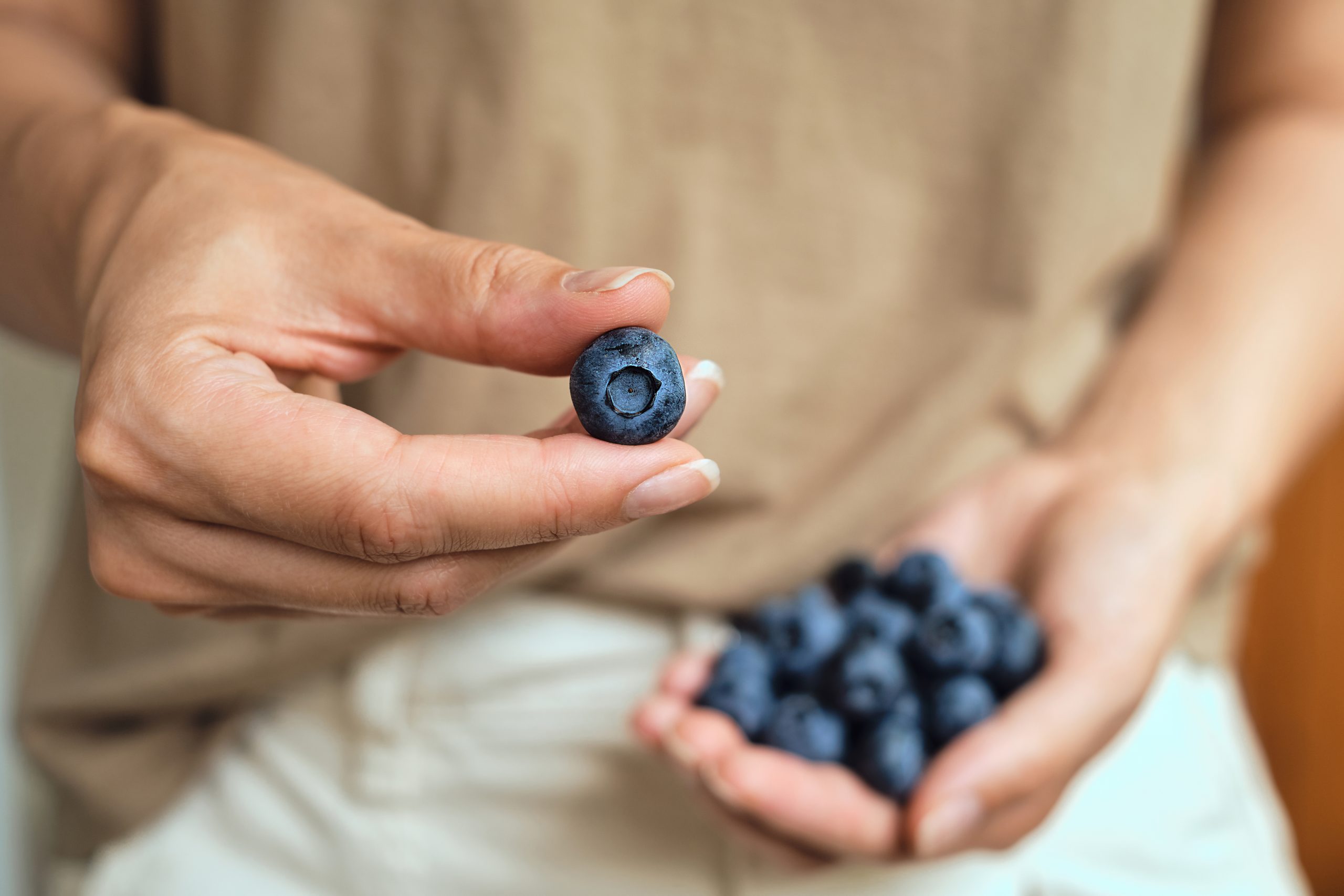Peruvian blueberry prices up 55% in the U.S. over 2022
Peruvian blueberry prices have skyrocketed due to reduced supply as a consequence of the El Niño phenomenon this season. In 2022, the average price per kilo in week 46 was $4.78 and this year during the same week, the price is set at $8.41/kilo.
“On week 32 we reached the average price of the last three years, and from there on we start to see a sharp spike in prices,” David Sandoval, CEO and commercial director of Fluctuante tells FreshFruitPortal.com.
The Peruvian blueberry campaign started early in week 18 this year due to weather conditions, and in week 43 it reached its highest price of $8.50 per kilogram.
“Climate is affecting not only Peru, but also other countries of origin, so if there is scarcity on a global scale, the market is going to have to pay more for the product, so this price increase can be explained as an economic situation based on the dynamic of demand and supply,” says Sandoval.
Price per market
Import markets are suffering the effects of price increases. Sandoval explains that the U.S., for example, is paying, on average, 55.6% more for Peruvian blueberries year-on-year in 2023. The current price per kilo in the U.S. reached $7.93, compared to the $5.09 it was paying during the same period in the last campaign.
The Netherlands has also experienced an uptick in average prices of 57.4%, from $4.66 per kilo last year to $7.66 in 2023.
“We have been able to recover some of the exports we had towards Russia, where last year we were not able to export due to political and social issues, this year, they have paid an average price of $11.33 dollars, the highest paying market,” adds Sandoval.
Canada is also paying higher prices this season for Peruvian blueberries.
Market expansion for Peruvian blueberries
Peru has been expanding to new markets recently, including Israel, Emirate countries, and Jordan.
“These are still niche markets, so we are still exploring their behavior and the prices they are willing to pay. Regardless, Asia and the Emirate countries are receiving good volumes of Peruvian fruit, especially blueberries,” says Sandoval.
Outlook for the rest of the year
Sandoval says these last few weeks before the end of the year are “crucial to determine how we will conclude this 2023-24 season, but we know that business owners are very concerned.”
He added that, “We (Fluctuante) have clients telling us ‘I think I will migrate part of my investment to the south of Peru because here in the north we will continue to suffer from weather conditions.’ So they are looking for alternative investments in other regions of the country.”
Benefiting from higher prices
Even though production volumes have dropped by almost 50%, price increases have helped the FOB value.
“Higher prices certainly help, but there are many producers that have had to burn their crops or switched to other products, which tells you that, in terms of pricing the scenario is positive, but regarding alternatives to fight climate conditions, it’s still very hard going into 2024,” says Sandoval.
29/11/2023







